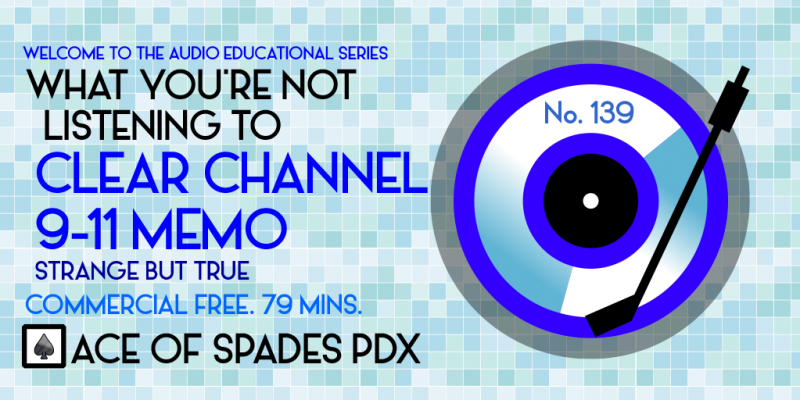Podcast: Play in new window | Download | Embed
File under: strange but true, a partial list of songs that a major radio network didn’t want you to hear in the aftermath of the terrorist attacks of September 11th, 2001. #strangebuttrue #september11 #clearchannel
Warning: One or more of these tracks contains lyrics some may find objectionable.
It is often said that the road to hell is paved with good intentions. Then sometimes, you often wonder what exactly those intentions were to begin with.

In the aftermath of the September 11th, 2001 terrorist attacks, Clear Channel Communications, a media corporation that is now know as I-Heart Media, a group of unnamed executives distributed a list of songs with the vague phrase of “lyrically questionable”. The list primarily focused on tracks with lyrics that related to heaven, hell, planes, death, fire, violence, the month of September, the day of Tuesday and New York City, even if these lyrics had absolutely nothing to do with terrorist violence.
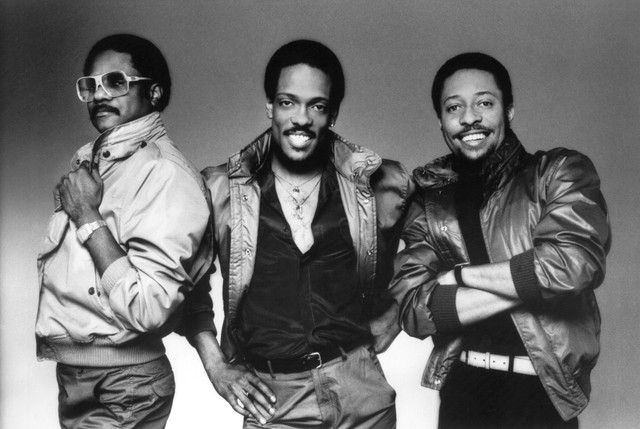
It seemed a haphazard list at best, and eventually came across as heavy handed and ham fisted. Adding to the strange nature of the list was that Clear Channel initially denied it even existed, which made news organizations to want to further expose their lying about it, since the list was never an outright ban.

There were a total of 165 entries on the list, with three in particular garnering the most attention: “What A Wonderful World” by Louis Armstrong, “New York, New York” by Frank Sinatra and any song by Rage Against the Machine. The list even featured a song with German lyrics, further adding to the confusion.
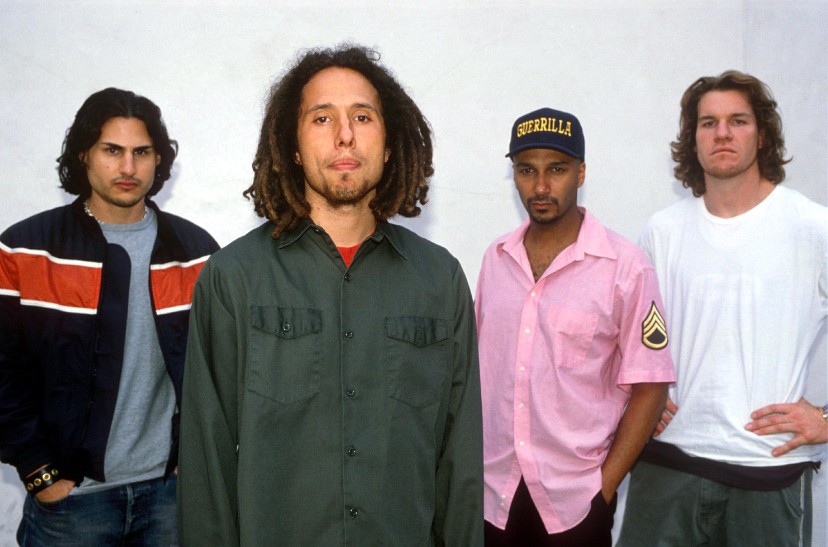
The list skewed heavily toward white, male classic rock acts, and there was even a suggestion that stations might not to play songs that were uplifting in nature. One obvious omission was “Juicy” by The Notorious B.I.G., with a lyrical reference to the original World Trade Center bombing of 1993. A great many songs with political overtones were also seemingly left off list, especially those from the late 1960’s and early 1970’s, such as music by The MC5, though I’ll be honest: the thought of never again hearing “Eve of Destruction” by Barry McGuire is more than alright in my book.
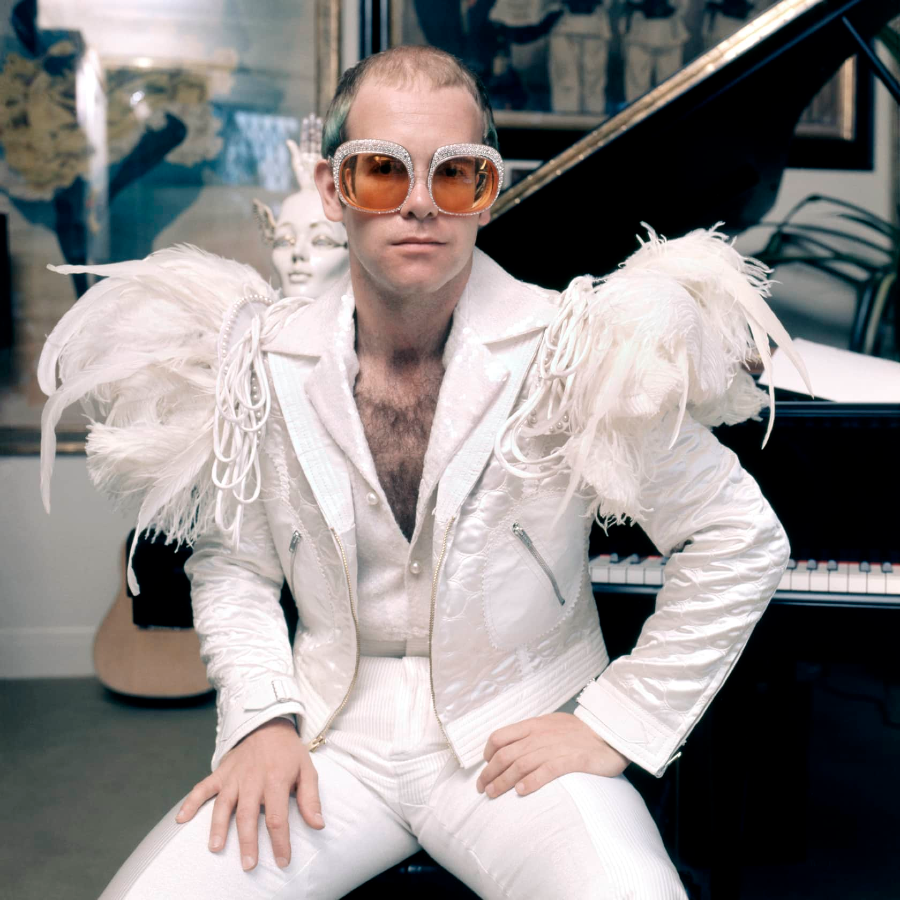
Again, speaking personally, I get it, to a point; but ultimately, a corporation never makes these types of considerations without some kind of material motive (read: affecting the bottom line). It seemed less an attempt to be sensitive to listeners and more of an attempt not to upset them so they wouldn’t move onto something else and not come back.
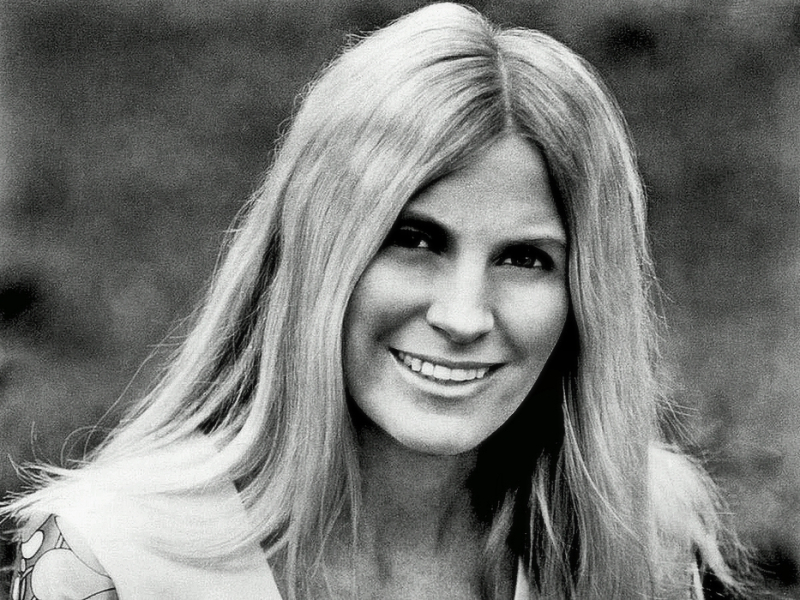
These are 18 of the tracks on the list, and if you listen to them not knowing about anything what Clear Channel attempted twenty years ago, you might not understand it all other than a random playlist. Oddly, twenty years ago, I didn’t understand what any of their intentions really were either, nor may we ever fully know what the hell they were thinking.
First Part
- Guerilla Radio, 1999, Rage Against The Machine, The Battle of Los Angeles
- Johnny Angel, 1962, Shelley Fabares, Shelly!
- You Dropped A Bomb On Me, 1982, The Gap Band, Gap Band IV
- The People That We Love (originally titled “Speed Kills”), 2001, Bush, Golden State
- (You’re the) Devil in Disguise, 1963, Elvis Presley, 7″ single A-side
- 99 Luftballons, 1983, Nena, Nena
- Bennie and The Jets, 1973, Elton John, Goodbye Yellow Brick Road
- What A Wonderful World, 1967, Louis Armstrong, 7″ single A-side
- Theme From New York, New York, 1980, Frank Sinatra, Trilogy: Past Present Future
Second Part
- Fire, 1968, The Crazy World of Arthur Brown, The Crazy World of Arthur Brown
- Black Is Black, 1966, Los Bravos, Black Is Black
- I Feel The Earth Move, 1971, Carole King, Tapestry
- Travelin’ Band, 1970, Creedence Clearwater Revival, Cosmos Factory
- Great Balls of Fire, 1957, Jerry Lee Lewis, 7″ single A-side
- Ironic, 1995, Alanis Morisette, Jagged Little Pill
- Ticket To Ride, 1965, The Beatles, Help!
- The End of the World, 1962, Skeeter Davis, Skeeter Davis Sings The End of The World
Finale
- Stairway To Heaven, 1971, Led Zeppelin, (Untitled Fourth Album)
Ben “Daddy Ben Bear” Brown Jr.
Host, Show Producer, Webmaster, Audio Engineer, Researcher, Videographer and Writer
Instagram: brownjr.ben
Twitter: @BenBrownJunior
LinkedIn: benbrownjunior
Design Site: aospdx.com
“Copyright Disclaimer Under Section 107 of the Copyright Act 1976, allowance is made for ‘fair use’ for purposes such as criticism, comment, news reporting, teaching, scholarship, and research. Fair use is a use permitted by copyright statute that might otherwise be infringing. Non-profit, educational or personal use tips the balance in favor of fair use.”
